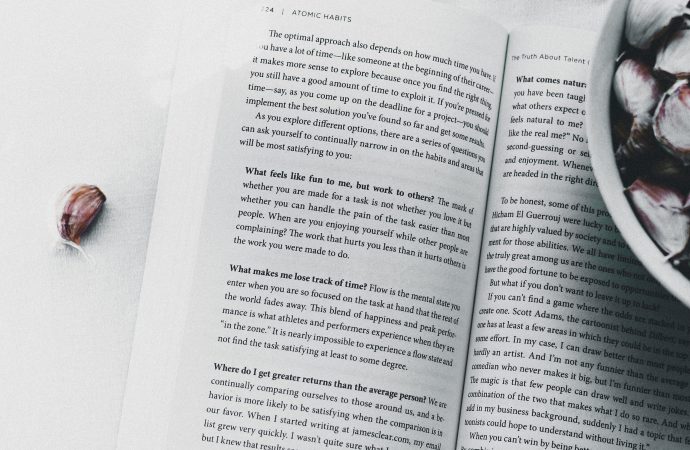Literary criticism has been an integral part of the literary world for centuries. Critics have the power to shape public opinion and influence the success of a book. However, with great power comes great responsibility, and some critics have failed to live up to this responsibility. In recent years, several literary columnists have been exposed
Literary criticism has been an integral part of the literary world for centuries. Critics have the power to shape public opinion and influence the success of a book. However, with great power comes great responsibility, and some critics have failed to live up to this responsibility. In recent years, several literary columnists have been exposed for unethical behavior, leading to their downfall and tarnishing the reputation of literary criticism as a whole. In this article, we will take a closer look at some of these disgraced literary columnists and the impact of their actions.
The Rise and Fall of Harold Bloom
Harold Bloom was a prominent literary critic and professor at Yale University. He was known for his controversial views on literature and his tendency to dismiss female and minority writers. In 2018, Bloom was accused of sexual harassment by several former students. The accusations led to his resignation from Yale and a public apology. Bloom passed away in 2019, leaving behind a complicated legacy.
The Plagiarism Scandal of Jonah Lehrer
Jonah Lehrer was a rising star in the literary world, known for his books on neuroscience and psychology. He was also a columnist for The New Yorker. In 2012, it was discovered that Lehrer had plagiarized several passages in his book “Imagine” and had fabricated quotes attributed to Bob Dylan. The scandal led to Lehrer’s resignation from The New Yorker and a public apology. Lehrer has since attempted to make a comeback, but his reputation has been irreparably damaged.
The Misconduct of Leon Wieseltier
Leon Wieseltier was the literary editor of The New Republic for over three decades. He was known for his intellectualism and his support of Jewish writers. In 2017, Wieseltier was accused of sexual harassment by several female colleagues. The accusations led to his resignation from The New Republic and a public apology. Wieseltier has since attempted to make amends, but his reputation has been forever tarnished.
The Fallout of These Scandals
The scandals involving Bloom, Lehrer, and Wieseltier have had a significant impact on the literary world. They have raised questions about the ethics of literary criticism and the power dynamics at play in the industry. Critics are now under more scrutiny than ever before, and their actions are being closely monitored by the public.
The scandals have also highlighted the need for diversity and inclusivity in the literary world. Critics must be held accountable for their biases and must work to promote a more diverse range of voices in literature.
Moving Forward
The scandals involving Bloom, Lehrer, and Wieseltier have been a wake-up call for the literary world. Critics must be held to a higher standard of ethics and must work to promote diversity and inclusivity in literature. The industry must also work to create a safe and respectful environment for all writers and critics.
In conclusion, the scandals involving Bloom, Lehrer, and Wieseltier have had a significant impact on the literary world. They have raised important questions about the ethics of literary criticism and the need for diversity and inclusivity in the industry. Critics must work to regain the trust of the public and promote a more inclusive and respectful literary world.

















Leave a Comment
Your email address will not be published. Required fields are marked with *